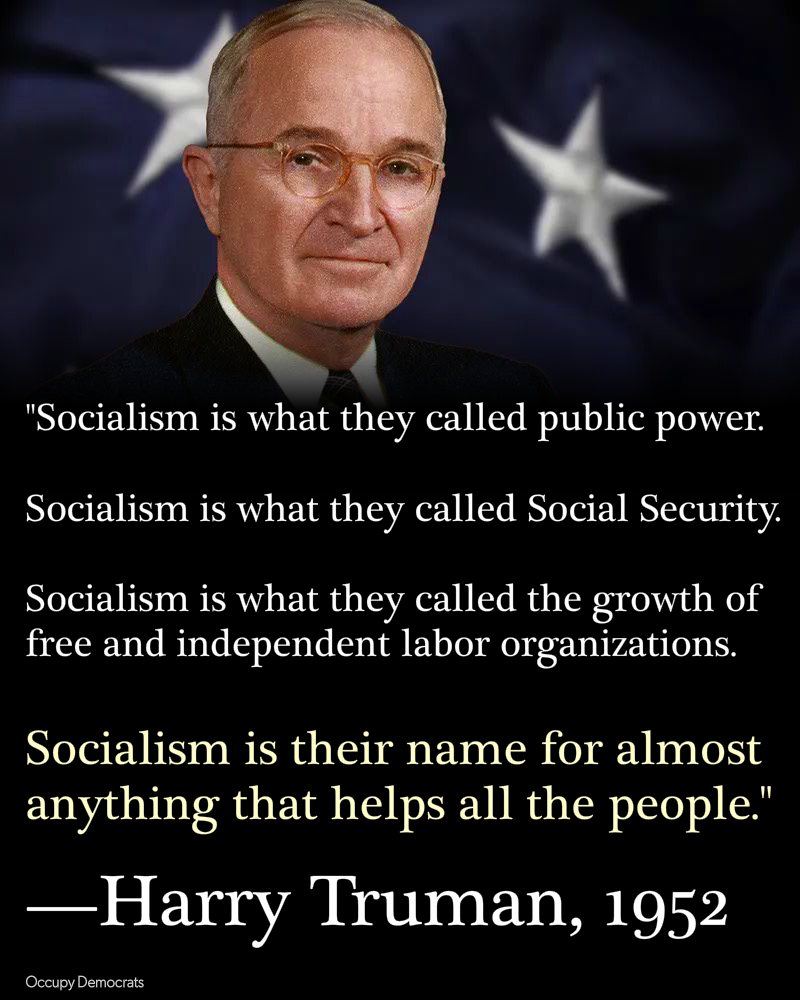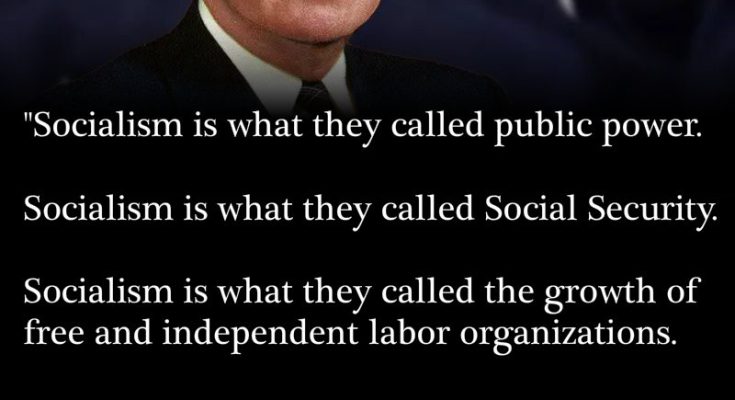- By Staff Writer
June 25, 2025

Washington, D.C. — As national conversations continue over the future of healthcare, education, and workers’ rights, a familiar term has once again entered political discourse: socialism.
Critics of progressive policies — such as expanded public healthcare, student debt relief, and green energy investment — frequently use the term to discredit proposals, arguing they pose a threat to free-market capitalism. But historians and political analysts note that this tactic is far from new.
“Labeling beneficial social programs as ‘socialist’ has been a political strategy in the U.S. for over a century,” says Dr. Elaine Norton, professor of political history at Georgetown University. “In the 1930s, opponents of Social Security called it socialism. In the 1960s, they said the same about Medicare. Now, we hear the same rhetoric around universal preschool, climate action, and workers’ rights.”
A quote from President Harry S. Truman in 1952 recently resurfaced online, highlighting the enduring nature of this debate:
“Socialism is what they called public power. Socialism is what they called Social Security… Socialism is their name for almost anything that helps all the people.”
Truman, who served as president from 1945 to 1953, was a vocal advocate for expanding government support for working-class Americans. His observation reflects a broader pattern in American politics, where efforts to address inequality are often framed as ideological overreach.
Despite the criticism, many of the programs once condemned as “socialist” are now widely supported. According to a 2024 Pew Research Center poll, over 80% of Americans favor keeping Social Security strong, and nearly 70% support a public healthcare option.
Still, the political branding continues. Recent proposals to cap insulin prices, fund vocational training, and raise the federal minimum wage have all faced accusations of socialism by political opponents.
“This language is used to stir fear, especially among voters who associate socialism with authoritarian regimes,” says political analyst Jordan Ruiz. “But when you strip away the label and explain what the programs actually do, most people are in favor.”
As the 2026 midterm elections approach, advocates argue it’s time for a more honest conversation. “We should judge policies by their outcomes, not by the buzzwords used against them,” said Representative Monica Wells (D-IL). “Helping people shouldn’t be a partisan issue.”
In the end, the question remains: If providing clean water, affordable healthcare, and secure retirement is called socialism — what does that say about the values of those who oppose it?

